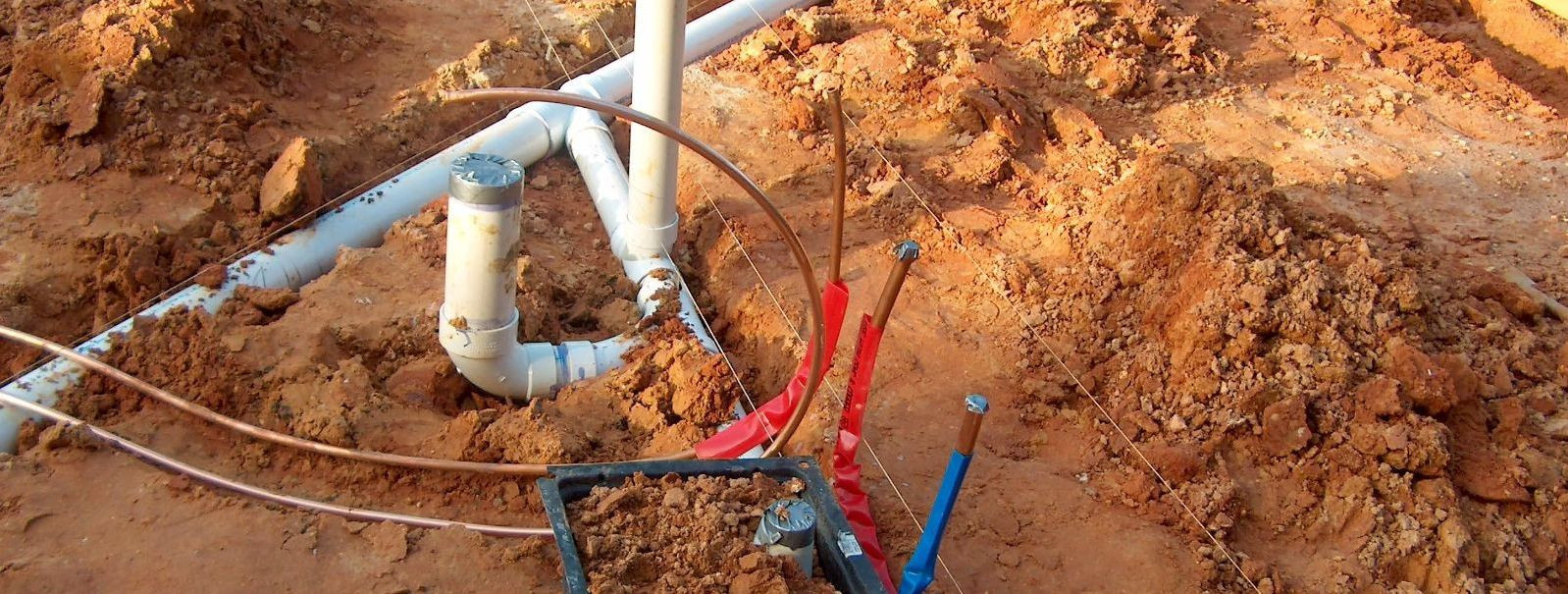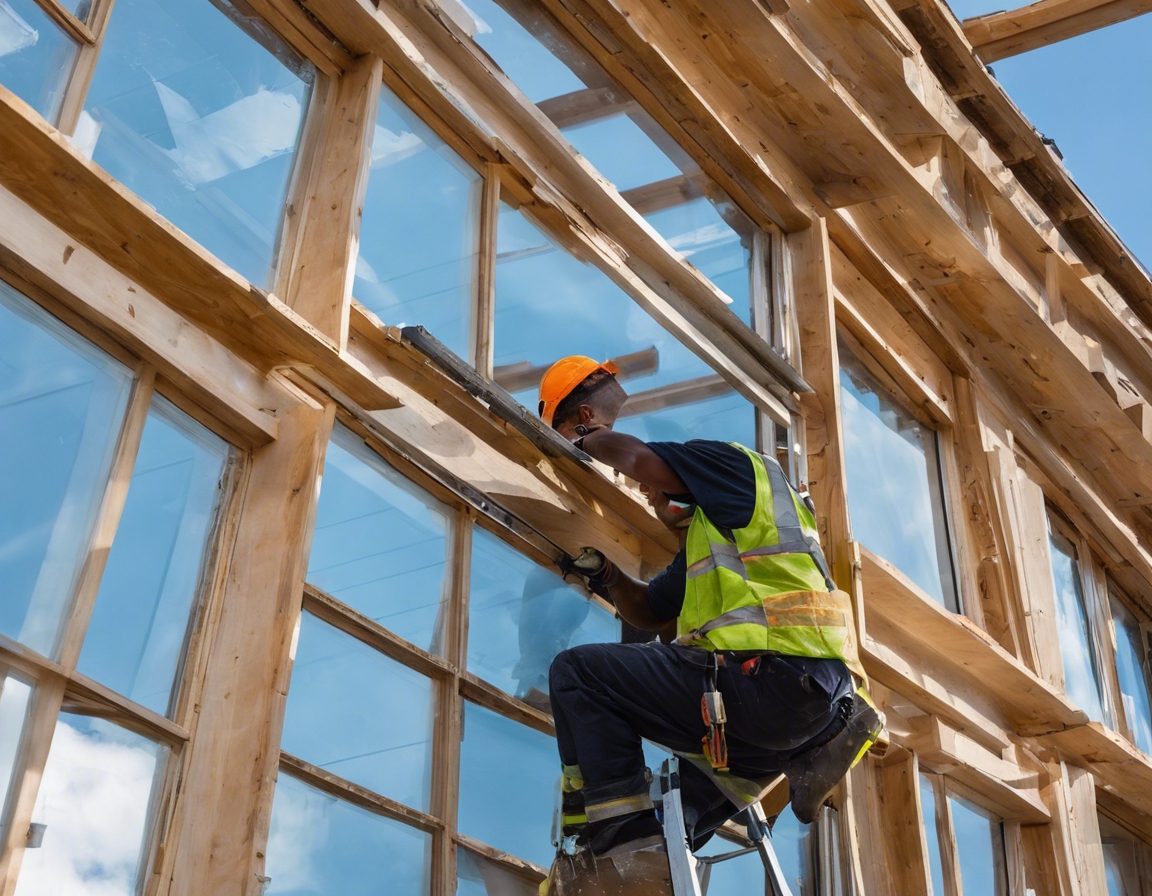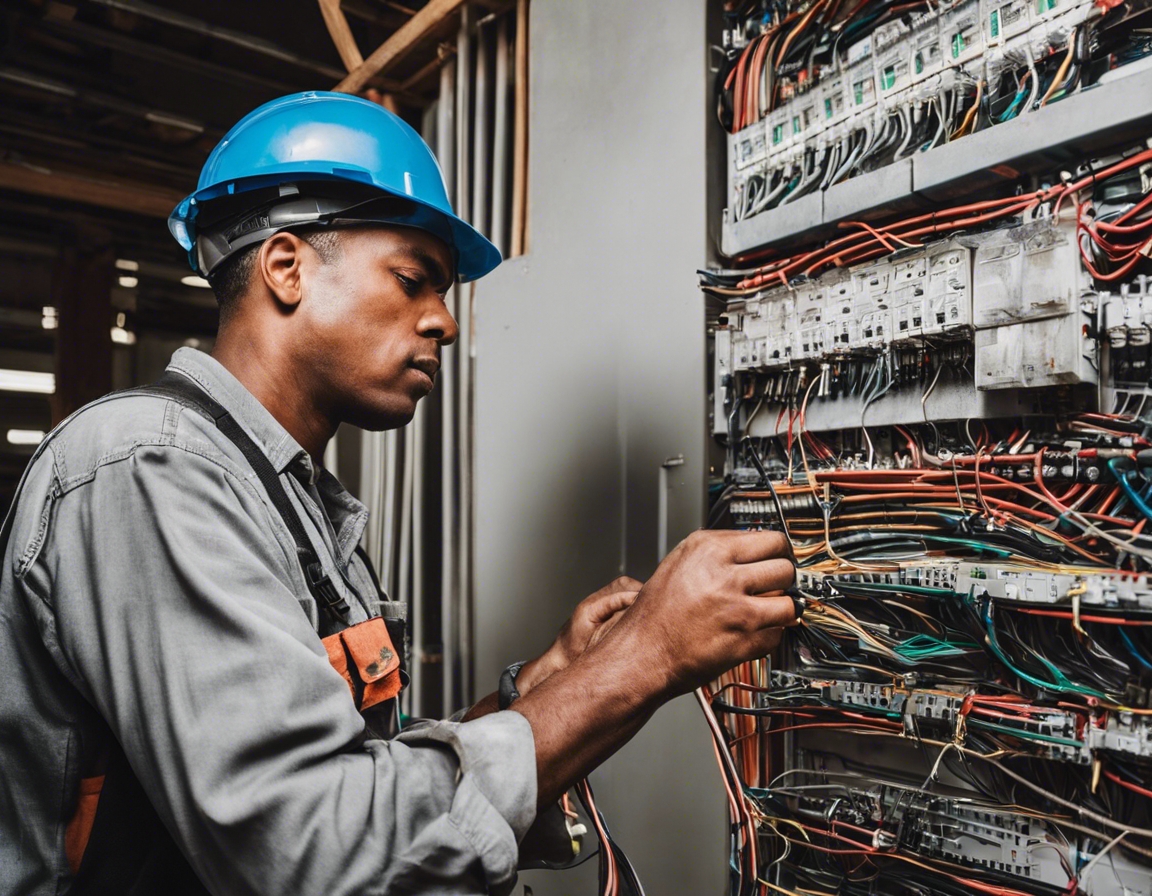5 trends shaping the future of building construction
The construction industry is undergoing a significant transformation, driven by technological advancements, environmental concerns, and evolving societal needs. As we look to the future, several key trends are emerging that promise to reshape the way buildings are designed, constructed, and operated. FRONTBAU OÜ is at the forefront of integrating these trends into our construction practices, ensuring that our clients benefit from the latest innovations and sustainable building solutions.
1. Sustainable and Green Building Practices
One of the most significant shifts in the construction industry is the move towards sustainability. Buildings are now designed with energy efficiency in mind, utilizing renewable resources such as solar and wind power. This not only reduces the carbon footprint of new constructions but also leads to long-term cost savings for property owners.
Green certifications, such as LEED and BREEAM, are becoming increasingly important. These certifications ensure that buildings meet stringent environmental standards, which is a key consideration for our environmentally conscious clients.
2. Advanced Building Materials
Innovative materials like self-healing concrete and advanced composites are revolutionizing the construction industry. These materials can repair themselves when damaged, reducing maintenance costs and extending the lifespan of buildings.
Smart glass and improved insulation technologies are enhancing building efficiency and comfort. Smart glass can adjust its transparency to control heat and light entry, while advanced insulation materials provide superior thermal resistance.
3. Construction Technology and Automation
Building Information Modeling (BIM) is a game-changer for the construction industry. BIM allows for the creation of digital representations of physical and functional characteristics of buildings, facilitating better planning and management of construction projects.
The use of automation and robotics is increasing efficiency and precision in construction. Automated machinery and drones are being used for tasks such as surveying, material handling, and even bricklaying, leading to faster and more accurate construction processes.
4. Modular and Prefabricated Construction
Modular and prefabricated construction methods are gaining popularity due to their ability to reduce construction time and waste. These methods involve assembling building components in a controlled factory environment before transporting them to the construction site for final assembly.
Despite the pre-built nature of modular construction, there is still ample room for customization and design flexibility. This allows developers and homeowners to achieve the desired aesthetic and functional outcomes while benefiting from the efficiencies of prefabrication.
5. Safety Enhancements and Regulations
The construction industry is placing a greater emphasis on safety, with the introduction of advanced equipment and stricter protocols. Wearable technology, such as smart helmets and exoskeletons, are being used to enhance worker safety and reduce the risk of injuries on site.
Regulatory bodies are updating construction codes and standards to reflect the latest safety practices and technological advancements. Compliance with these regulations is critical, and FRONTBAU OÜ ensures that all projects adhere to the highest safety and quality standards.






Comments (0)